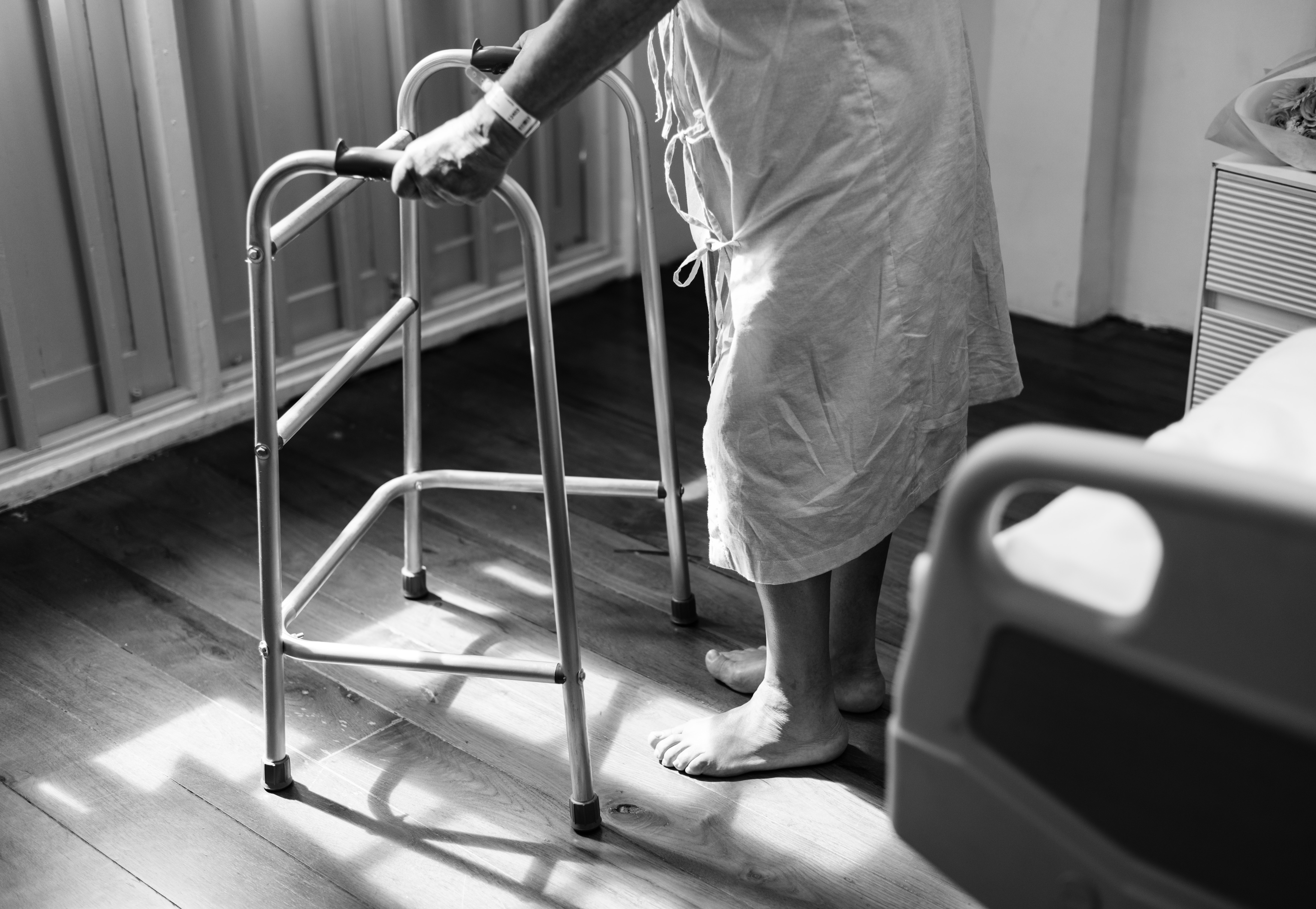 This year marks the 10th anniversary of our influential book, Retooling for an Aging America: Building the Health Care Workforce. It called for bold initiatives to train all health care providers in the basics of geriatric care and to prepare family members and other informal caregivers, who might receive little or no training in how to tend to their aging loved ones. Retooling for an Aging America and our other publications remain essential resources for the care of our aging population.
This year marks the 10th anniversary of our influential book, Retooling for an Aging America: Building the Health Care Workforce. It called for bold initiatives to train all health care providers in the basics of geriatric care and to prepare family members and other informal caregivers, who might receive little or no training in how to tend to their aging loved ones. Retooling for an Aging America and our other publications remain essential resources for the care of our aging population.
Retooling for an Aging America: Building the Health Care Workforce
As the first of the nation’s 78 million baby boomers begin reaching age 65 in 2011, they will face a health care workforce that is too small and woefully unprepared to meet their specific health needs.
Retooling for an Aging America calls for bold initiatives starting immediately to train …
Families Caring for an Aging America
Family caregiving affects millions of Americans every day, in all walks of life. At least 17.7 million individuals in the United States are caregivers of an older adult with a health or functional limitation. The nation’s family caregivers provide the lion’s share of long-term care for our …
Dying in America: Improving Quality and Honoring Individual Preferences Near the End of Life
For patients and their loved ones, no care decisions are more profound than those made near the end of life. Unfortunately, the experience of dying in the United States is often characterized by fragmented care, inadequate treatment of distressing symptoms, frequent transitions among care …
The Mental Health and Substance Use Workforce for Older Adults: In Whose Hands?
At least 5.6 million to 8 million–nearly one in five–older adults in America have one or more mental health and substance use conditions, which present unique challenges for their care. With the number of adults age 65 and older projected to soar from 40.3 million in 2010 to 72.1 million by …
As the demographics of the United States shift toward a population that is made up of an increasing percentage of older adults and people with disabilities, the workforce that supports and enables these individuals is also shifting to meet the demands of this population. For many older adults …
Financing Long-Term Services and Supports for Individuals with Disabilities and Older Adults is the summary of a workshop convened in June 2013 by the Forum on Aging, Disability, and Independence of the Institute of Medicine and the National Research Council to examine the financing of …
Policy and Research Needs to Maximize Independence and Support Community Living: Workshop Summary
Living independently and participating in one’s community are priorities for many people. In many regions across the United States, there are programs that support and enable people with disabilities and older adults to live where they choose and with whom they choose and to participate fully …
New Directions in the Sociology of Aging
The aging of the population of the United States is occurring at a time of major economic and social changes. These economic changes include consideration of increases in the age of eligibility for Social Security and Medicare and possible changes in benefit levels. Furthermore, changes in the …
The Future of Home Health Care: Workshop Summary
Individuals with disabilities, chronic conditions, and functional impairments need a range of services and supports to keep living independently. However, there often is not a strong link between medical care provided in the home and the necessary social services and supports for independent …
Health Care Comes Home: The Human Factors
In the United States, health care devices, technologies, and practices are rapidly moving into the home. The factors driving this migration include the costs of health care, the growing numbers of older adults, the increasing prevalence of chronic conditions and diseases and improved survival …
Elder Abuse and Its Prevention: Workshop Summary
Elder Abuse and Its Prevention is the summary of a workshop convened in April 2013 by the Institute of Medicine’s Forum on Global Violence Prevention. Using an ecological framework, this workshop explored the burden of elder abuse around the world, focusing on its impacts on individuals, …
Elder Mistreatment: Abuse, Neglect, and Exploitation in an Aging America
Since the late 1970s when Congressman Claude Pepper held widely publicized hearings on the mistreatment of the elderly, policy makers and practitioners have sought ways to protect older Americans from physical, psychological, and financial abuse. Yet, during the last 20 years fewer than 50 articles …











